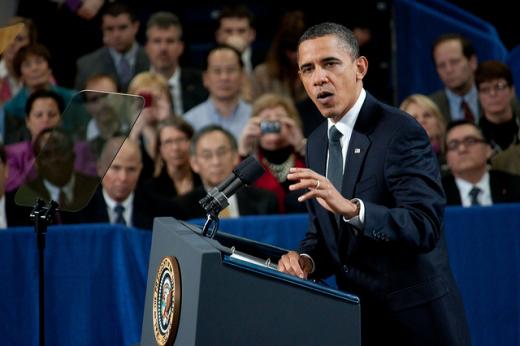I am a follower of all things economic, especially those that are determined by the markets and the way people freely interact to obtain the goods and services that they deem important.
Healthcare is something to which many people give high priority. Unfortunately, through the Affordable Healthcare Act, government has thrust itself into the concerns that people have about the healthcare services they obtain and how they obtain them. This creates two distinctly different issues: how are we going to pay for our healthcare services and how available will such services and providers be?
The idea that healthcare services are a right has been crafted by government because only government could make everyone believe that they are entitled to healthcare services. Apparently, whether or not you have designed your finances to buy health insurance is irrelevant.
Of course, when you are entitled you lose the power of choice because someone else is paying the bill. Ultimately the bill payer (federal government) decides what healthcare you deserve. The payer also decides if your personal lifestyle is acceptable or outside what the government is willing to cover. In effect, this newly manufactured “right” ultimately infringes on our actual rights. In tragic irony, consumers will still pay for healthcare through taxes, rather than directly to the provider. So “Obamacare” actually shifts costs to the young and to the providers.
Let me suggest that obtaining and paying for healthcare should ultimately be the responsibility of the consumer. Each healthcare consumer has the responsibility to pay for their healthcare issues, no matter what they may be, regardless of age. In this realist’s scenario, a pairing of health savings accounts with catastrophic healthcare coverage to cover possible eventualities seems a more reasonable approach. It would also follow that your personal health habits are your responsibility.
If you partake in risky behavior, then that is your risk, not your neighbors’. Some might say that I am coldhearted to have such a point of view regarding healthcare. Rest assured I do believe our society has a responsibility to those who truly are unable (as opposed to unwilling) to take personal responsibility for their personal or family healthcare concerns.
Whether this safety net is provided by the federal, state , local government or local charity (e.g. Centre Volunteers in Medicine) is debatable. With regard to cost effectiveness, fraud avoidance and the efficient of delivery of services, local support is usually much better than national support.
Government is a coercive entity. To reduce the costs of healthcare and its administration, it tells providers what it will pay them for services. The bureaucrats become the gatekeepers between what the consumers are allowed to have and what the suppliers are able to provide.
Personally, I have received services that were ineffective and pointless and even dangerous because of who would pay for what service. Seventeen x-rays leading to faulty diagnosis is not an acceptable outcome. Bureaucrats stood in the way of the patient receiving proper treatment. One MRI later and an effective and useful diagnosis was obtained and the problem was ultimately cured by effective surgery.
If you substitute a government rulebook for the semi-free market of healthcare, then you significantly drive up the costs of services and create market distortions that leave consumers in a worse position: getting only services that payers will provide rather than the ones medically indicated.
Restrictions on service payments lead to a decrease in the supply of services and a longer wait to obtain them. Time-crucial medical services force people to show up at emergency rooms or at urgent care facilities. As with any market of goods/services, healthcare has three variables: cost, time and supply. If you alter one of the variables the other two change.
Back in the mid-Seventies the government decided that the price of gasoline was too high so it fixed the price at a level below the cost of production. As a result we got less gasoline, restrictions on how much you could purchase at one filling, and long lines at the gas stations. My dermatologist just decided to no longer be a healthcare provider. Thus the supply of dermatologists has declined.
I must now find another dermatologist. So, if the reimbursement rate will be fixed and the supply of doctors will be reduced, you extend the time to your appointment and encourage doctors to retire early or change their venue of practice.
Recently, the Wall Street Journal ran a piece by John C. Goodman on concierge doctors who operate outside the government healthcare system. For a couple thousand dollars a year, you reduce the wait and get the tests and procedures that are medically called for without interference from the government or an insurance company. It appears we are rapidly moving to a two-tier healthcare system: one for the masses and one for those who can and will pay for their services.
It’s all bewildering, but what can we expect? When government starts providing almost anything as a right, we get seventeen x-rays when one MRI would do the job . . . the medical equivalent of the fabled $600 toilet seat.
Recent Columns:
- Daniel Nestlerode: Turmoil on Wall Street – Aug. 5, 2012
- Daniel Nestlerode: Why Gold Works as an Investment – June 17, 2012



